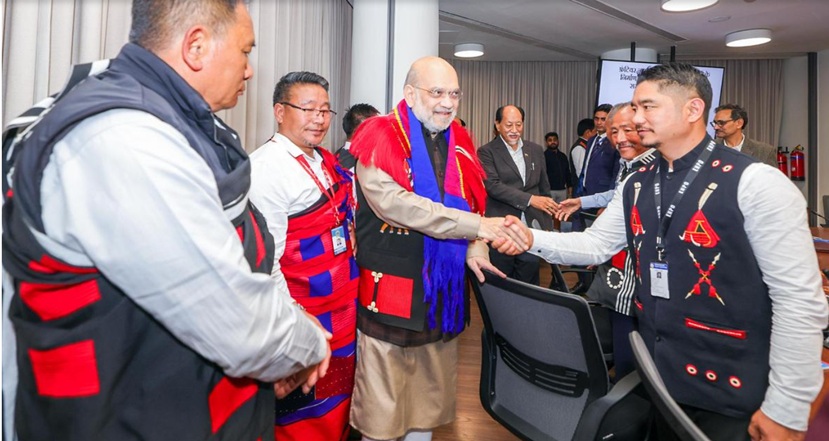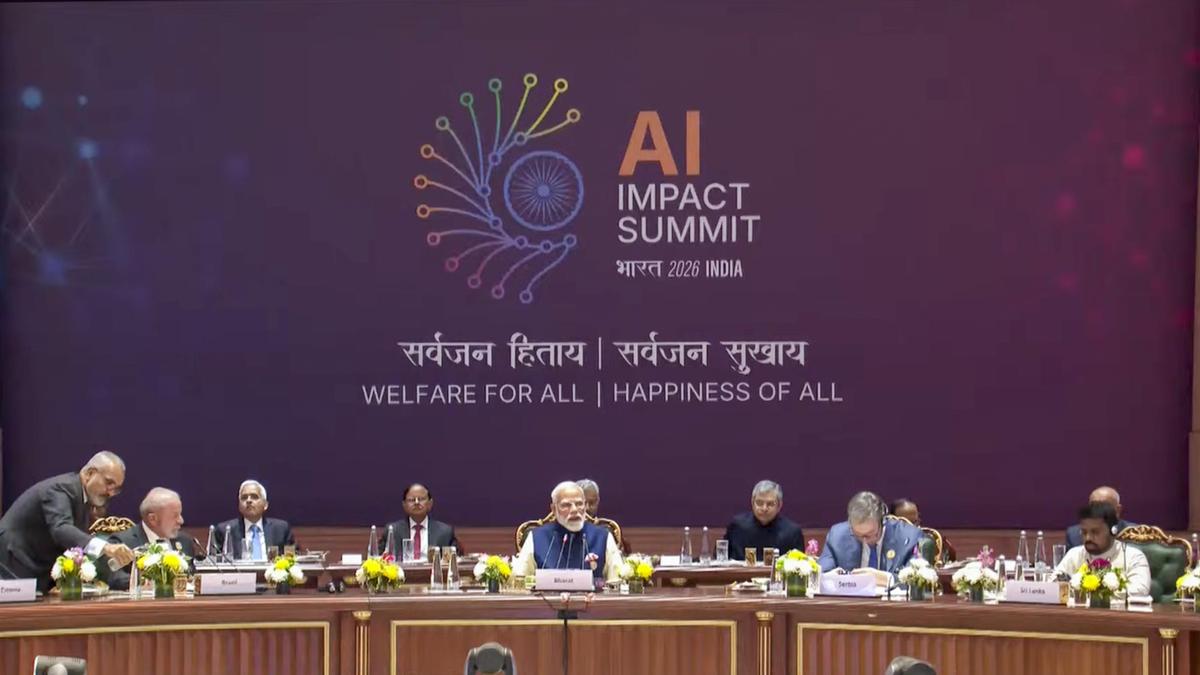What’s in today’s article?
- Why in News?
- What has been Observed in the Food Advertising Ecosystem in India?
- Some Misleading Words in the Food Advertising Ecosystem in India
- Regulations for Tackling Misleading Ads and Claims
- Way Ahead
Why in News?
- The Advertisement Monitoring Committee at the Food Safety and Standards Authority of India (FSSAI) flagged 32 fresh cases of food business operators (FBOs) making misleading claims and advertisements.
- They were found to be in contravention of the Food Safety and Standards (Advertisements & Claims) Regulations, 2018.
What has been Observed in the Food Advertising Ecosystem in India?
- FSSAI seeks that the advertisements and claims be truthful, unambiguous, meaningful, not misleading and help consumers to comprehend the information provided.
- Claims must be scientifically substantiated by validated methods of characterising or quantifying the ingredient or substance that is the basis for the claim.
- According to the Advertising Standards Council of India (ASCI), food advertising has been a “fairly violative sector”.
- Last month, an uproar ensued after allegations were made against health drink Bournvita.
Some Misleading Words in the Food Advertising Ecosystem in India:
- Natural: A food product can be referred to as ‘natural’ if it is a single food derived from a recognised natural source and has nothing added to it.
- Therefore, composite foods – a mixture of plant and processed constituents, can be called ‘made from natural ingredients’ instead of ‘natural’.
- Fresh: It can be used for products which are not processed in any manner other than washing, peeling, chilling, trimming, cutting or irradiation by ionising radiation (not exceeding 1 kGy to delay in ripening, killing of insects/pests, etc).
- The regulations forbid the ‘fresh’ reference if the processing endeavours to achieve an extension in the shelf-life of the product (may instead use ‘fresh frozen’).
- Pure and original:
- ‘Pure’ is to be used for single-ingredient foods to which nothing has been added and which are devoid of all avoidable contamination.
- ‘Original’ is used to describe food products made to a formulation, with a traceable origin that has remained unchanged over time.
- Nutritional claims:
- Nutritional claims may either be about the specific contents of a product or comparisons with some other foodstuff.
- Claims of equivalence such as “contains the same of (nutrient) as a (food)” or “as much (nutrient) as a (food)” may be used in the labelling.
- According to the ASCI, most complaints of misleading Ads were related to the nutrition of a product, its benefits and the ingredient mix not being based on adequate evidence.
Regulations for Tackling Misleading Ads and Claims:
- The Food Safety and Standards Act, 2006:
- It prohibits product claims suggesting suitability for prevention, alleviation, treatment or cure of a disease, disorder or particular psychological condition unless specifically permitted under the Act.
- Making deceptive claims or advertisements are punishable offences and may invite penalties of up to Rs 10 lakh apart from suspension/cancellation of licenses for repeated offences.
- The Food Safety and Standards (Advertisements & Claims) Regulations 2018: The focus of the regulation is to make the Companies accountable for their claims on food products and cater to the interest of customers.
- The Consumer Protection Act 2019: Under this, Central Consumer Protection Authority (CCPA) was set up as a regulatory body in relation to matters (such as wrong advertisements) affecting rights of consumers.
- The Programme and Advertising Codes: These are prescribed under the Cable Television Network Rules 1994 and underlines that advertisements must not give claims which are difficult to be proved.
Way Ahead:
- FBOs must desist from making any unscientific and/or exaggerated claims and advertisements to promote their product sales to avoid enforcement actions and in larger consumer interest.
- They must be in consonance with principles of Good Clinical Practices (GCP) and peer-reviewed or published in a peer-reviewed scientific journal.
Q1) What is the Advertising Standards Council of India (ASCI)?
The ASCI is a voluntary self-regulatory organization of the advertising industry in India. Established in 1985, ASCI is registered as a non-profit company under section 25 of the Company Act.
Q2) What is the Food Safety and Standards Authority of India (FSSAI)?
FSSAI is a statutory body established [under the Food Safety and Standards Act, 2006] under the Ministry of Health & Family Welfare. It is responsible for protecting and promoting public health through the regulation and supervision of food safety.
Source: Explained | Misleading food ads and regulations to curtail them
Last updated on February, 2026
→ UPSC Notification 2026 is now out on the official website at upsconline.nic.in.
→ UPSC IFoS Notification 2026 is now out on the official website at upsconline.nic.in.
→ UPSC Calendar 2026 has been released.
→ UPSC Final Result 2025 is expected to be released in the second week of April 2026.
→ Check out the latest UPSC Syllabus 2026 here.
→ Join Vajiram & Ravi’s Interview Guidance Programme for expert help to crack your final UPSC stage.
→ UPSC Mains Result 2025 is now out.
→ UPSC Prelims 2026 will be conducted on 24th May, 2026 & UPSC Mains 2026 will be conducted on 21st August 2026.
→ The UPSC Selection Process is of 3 stages-Prelims, Mains and Interview.
→ Prepare effectively with Vajiram & Ravi’s UPSC Prelims Test Series 2026 featuring full-length mock tests, detailed solutions, and performance analysis.
→ Enroll in Vajiram & Ravi’s UPSC Mains Test Series 2026 for structured answer writing practice, expert evaluation, and exam-oriented feedback.
→ Join Vajiram & Ravi’s Best UPSC Mentorship Program for personalized guidance, strategy planning, and one-to-one support from experienced mentors.
→ Check UPSC Marksheet 2024 Here.
→ UPSC Toppers List 2024 is released now. Shakti Dubey is UPSC AIR 1 2024 Topper.
→ Also check Best UPSC Coaching in India




















